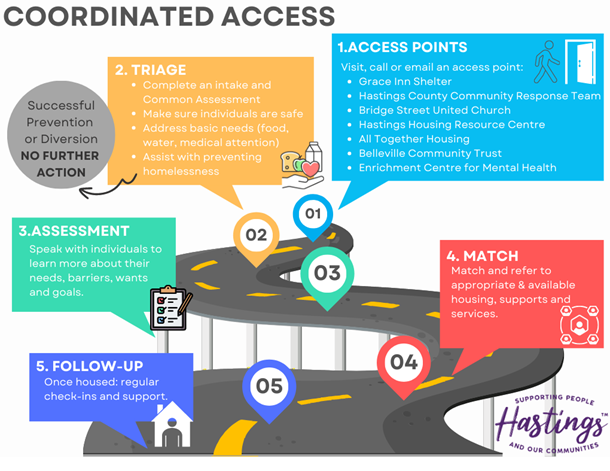SUPPORTING COMMUNITIES
Homelessness Prevention
Homelessness Prevention Program
Call for Applications
The Canadian definition of Homelessness describes the situation of an individual, family or community without stable, safe, permanent, appropriate housing, or the immediate prospect, means and ability of acquiring it.
There are different types of homelessness:
Unsheltered
- Living outside (“living rough” on sidewalks, parks, forest, etc.)
- Living in places not intended for human habitation
(vehicles, garages, out buildings, hunting camps, tents etc.)
Emergency Sheltered
- Emergency overnight shelters for people who are homeless
- Shelters for individuals and families impacted by family violence and natural disaster
Provisionally Accommodated
- Referring to those whose accommodation is temporary or lacks security of tenure
Temporarily Sheltered
- Interim housing for people who are homeless
- Temporarily living with other people (couch surfing, staying with family, etc.)
- People in institutions with no guarantee of permanent housing upon release (hospital, correction facilities, treatment facilities, etc.)
- Reception Centres for recently arrived newcomers
At-Risk of Homelessness
- Refers to people who are not homeless, but whose current economic and/or housing situation is precarious or does not meet public health and safety standards
- It should be noted that for many people homelessness is a fluid experience, where one’s shelter circumstances and options may shift and change quite dramatically and with frequency
Coordinated
Access

Ontario Works
Financial Assistance
Homelessness Response
Community Integration Resources
Key Contacts

Jamie Lynne Osmond
Director of Community and Human Services
613-966-1311 X2334
